Ever fallen under the spell of a poodle’s curly coat and soulful eyes, only to realize weeks later you’re knee-deep in grooming tools, vet bills, and more dog shampoo than you thought possible? You’re not alone. Poodles are dazzling and smart, but their high-maintenance needs can catch even the most devoted dog lover off guard. Let’s pull back the curtain and talk honestly about why living with a poodle sometimes feels like a part-time job—with a wagging tail.
The Legendary Poodle Coat: A Blessing and a Burden
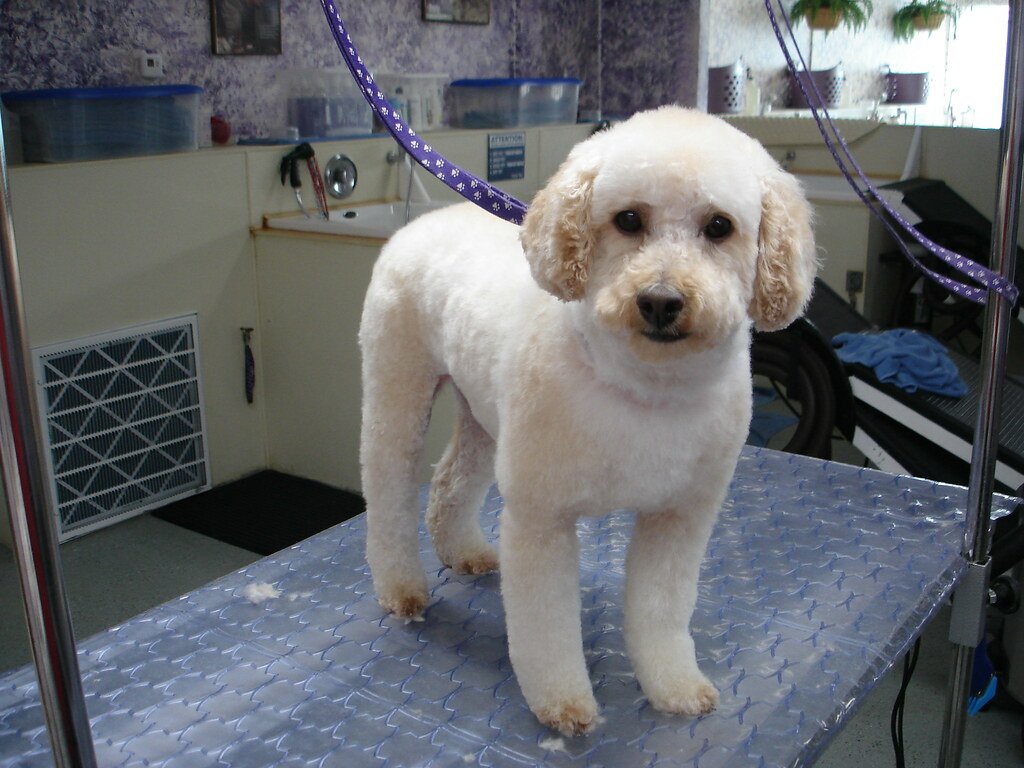
Everyone loves the look of a poodle’s fluffy, perfect curls. But here’s the truth: that coat tangles, mats, and picks up every bit of debris on your daily walks. If you skip even a few days of brushing, you might find painful mats forming close to their skin, which can lead to irritation or even infections.
Regular grooming isn’t just a beauty routine—it’s a necessity. Most poodle parents find themselves scheduling professional grooms every 4–6 weeks. At home, daily brushing is a must. It can feel overwhelming, especially if you work long hours or have a busy family life.
Tricky Ears and Hidden Health Woes
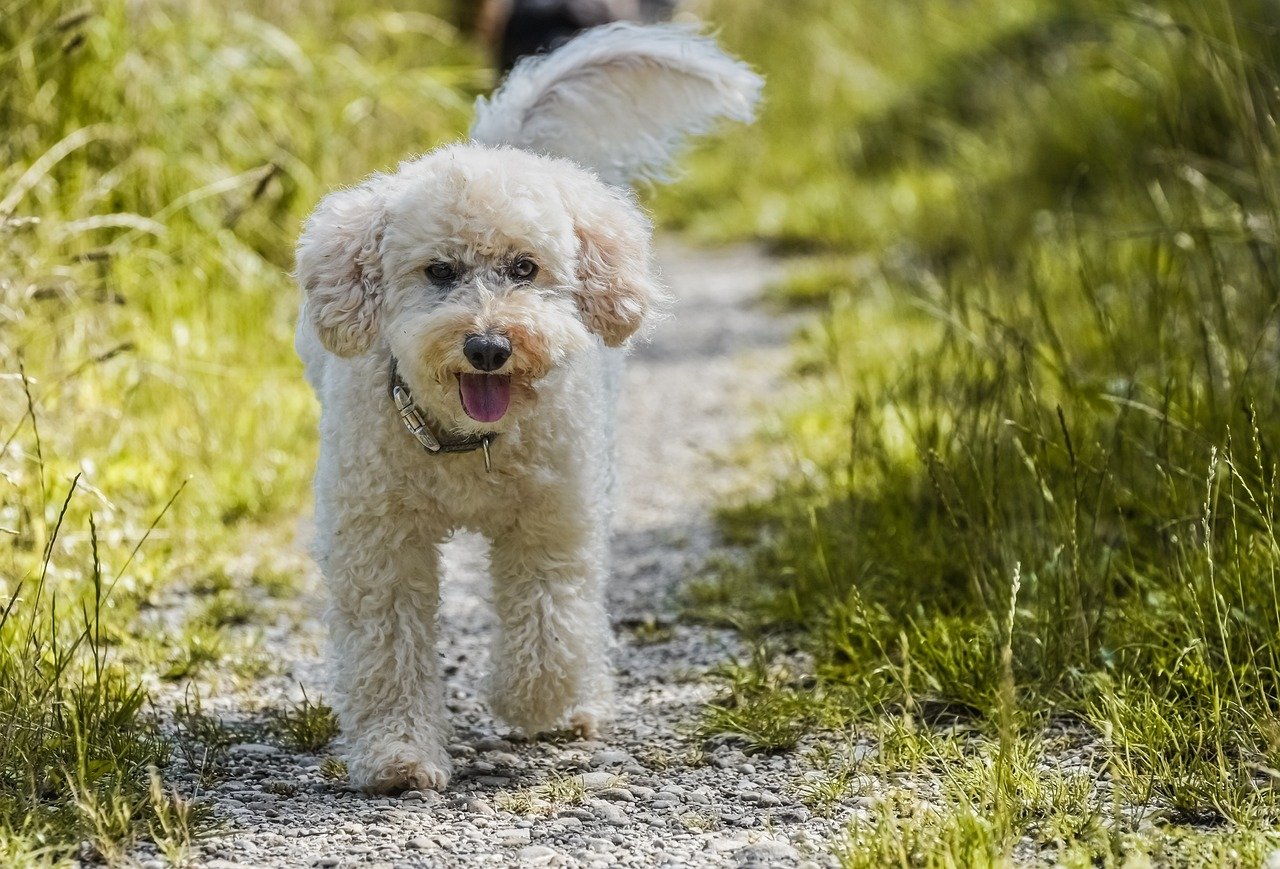
Poodle ears are floppy and luxurious, but they trap warmth and moisture—a recipe for ear infections. You might notice your poodle scratching at their ears, shaking their head, or even a funky smell coming from those fluffy flaps. These are all red flags.
To keep infections at bay, regular ear cleaning is essential. I’ve learned the hard way that missing this step even for a week can lead to a vet visit. If you see redness, swelling, or your dog seems uncomfortable, don’t wait—get it checked before things get worse.
Energy to Burn: Poodles Need More Than Just Walks
Poodles are not couch potatoes. Even the smaller Toy and Miniature varieties are bursting with energy and intelligence. A simple stroll around the block won’t do; they need playtime, training, and mental stimulation every day. Without it, boredom can morph into destructive behaviors like chewing, digging, or barking.
Think of your poodle as a four-legged puzzle master. Games, scent work, and agility can help channel their energy. If you skip this, you might come home to shredded pillows or a lonely, anxious dog.
Allergy-Prone and Sensitive Skin
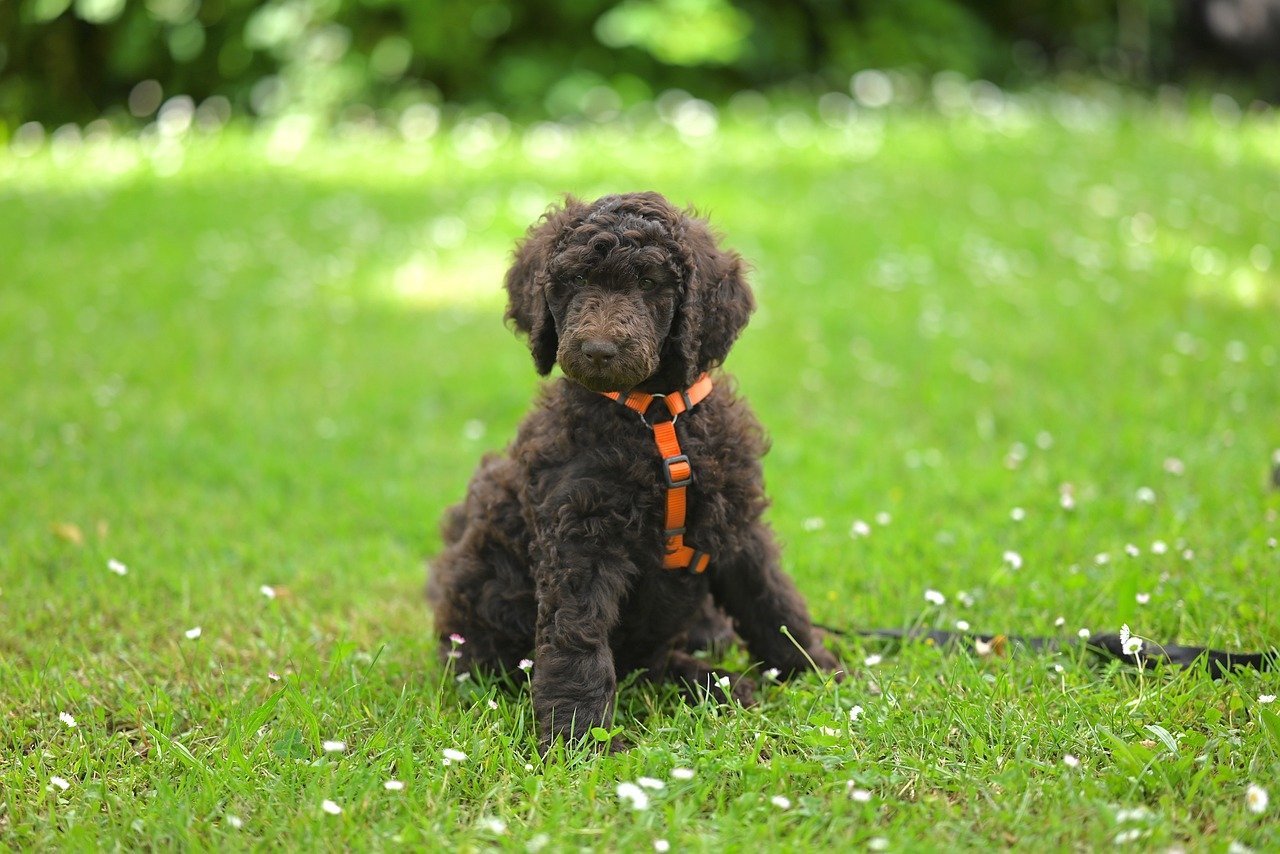
Underneath those curls is skin that’s surprisingly delicate. Poodles are prone to allergies—food, environmental, or contact. You might notice flaky skin, constant scratching, or red patches. These can spiral into “hot spots” if left untreated.
Switching foods, changing shampoos, or using hypoallergenic bedding can help, but it often takes trial and error. If your poodle seems itchy or uncomfortable, ask your vet about allergy testing or medicated shampoos to ease their discomfort.
Picky Eaters and Sensitive Stomachs
If there’s one thing poodles are famous for besides their looks, it’s being fussy about food. Some days, they’ll devour a meal; other days, they’ll turn up their nose at the same bowl. Add in a sensitive stomach, and you could be facing bouts of diarrhea or vomiting.
Finding the right diet can be a journey of patience. Keep an eye out for changes in appetite, loose stools, or gassiness. Feeding a high-quality, limited-ingredient food and avoiding table scraps is usually best for their digestion and waistline.
Training Triumphs—and Tantrums
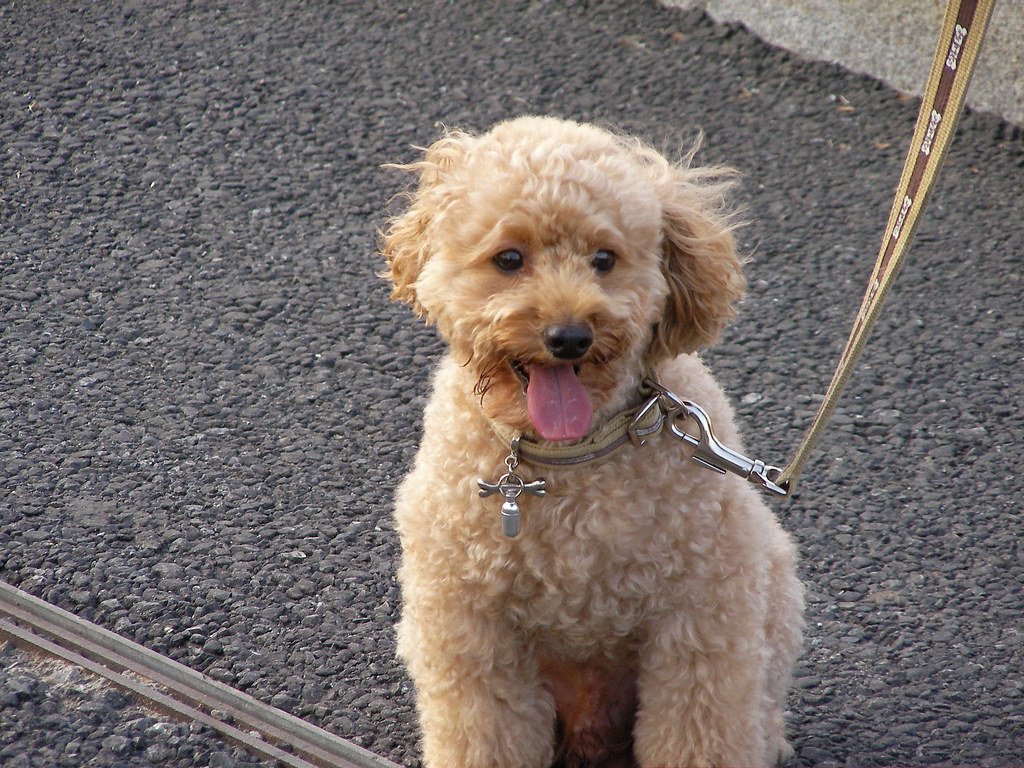
Poodles are incredibly smart, which is both a gift and a challenge. They pick up commands quickly but can become stubborn if bored or frustrated. Sometimes, their cleverness means they outsmart you—opening doors, sneaking treats, or figuring out how to avoid a bath.
Consistency is key. Use positive reinforcement and keep training sessions short and fun. If you let things slide, your poodle might develop bad habits that are hard to break. Remember, a tired poodle is usually a well-behaved poodle.
The Social Butterfly Needs Connection
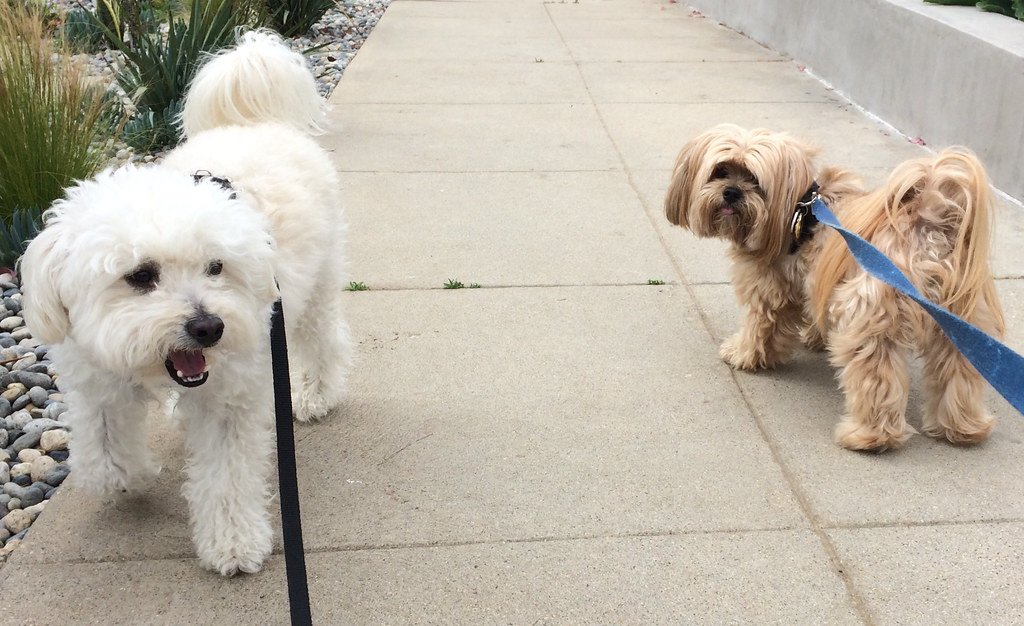
Poodles thrive on human interaction. They’re happiest when they’re part of the family action—watching TV, riding in the car, or following you from room to room. If left alone for long stretches, they can develop separation anxiety, leading to vocalization or even destructive behavior.
If you work long hours, consider doggy daycare or a pet sitter. Spend extra time cuddling and playing with your poodle when you’re home. They’ll reward you with loyalty and affection, but they need to feel included.
Vet Visits: A Frequent Flyer’s Tale
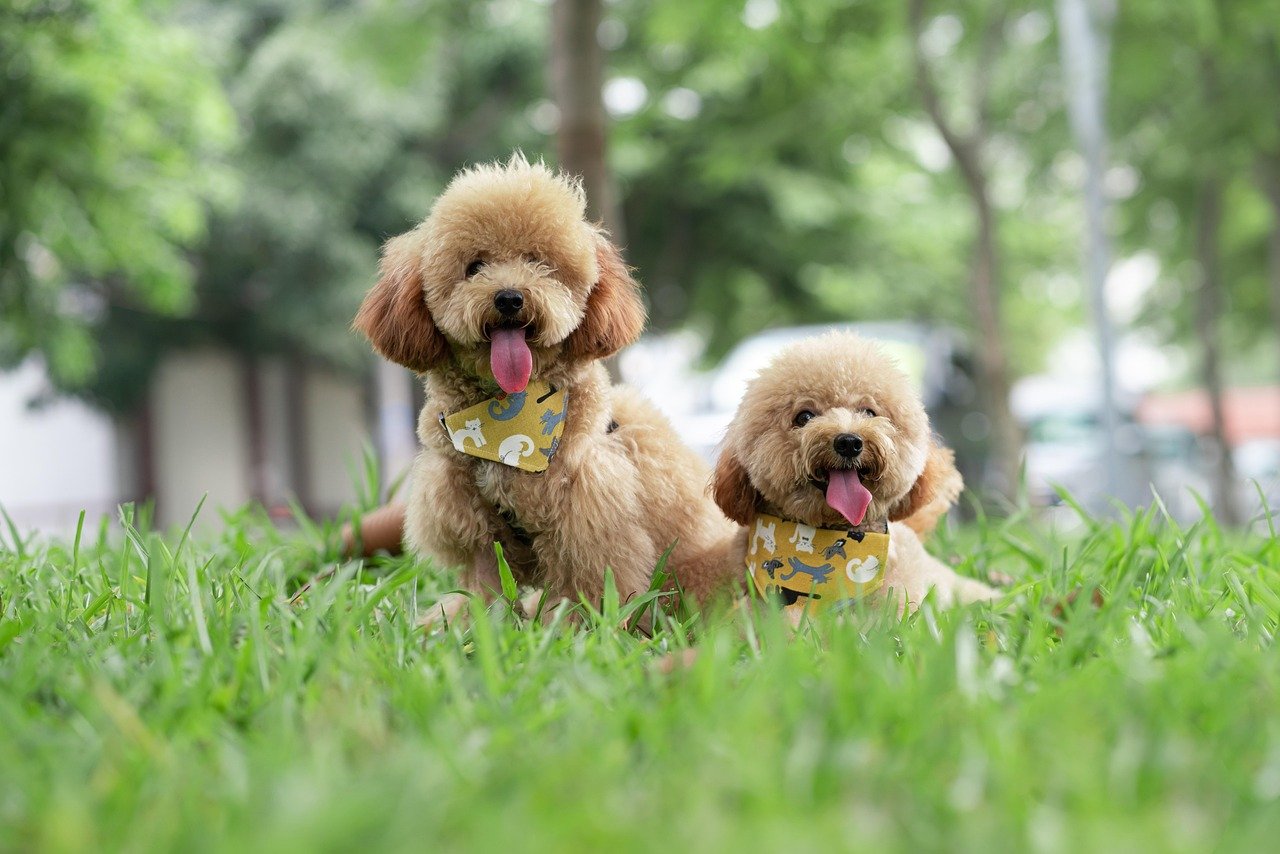
From ear infections and dental issues to joint concerns and allergies, poodles tend to rack up vet appointments. It’s not uncommon for owners to keep a running list of questions for their vet. Early intervention is vital—spotting symptoms like limping, head shaking, or changes in appetite can make a big difference.
Stay proactive with regular checkups, dental care, and vaccinations. Keeping a close eye on changes in your poodle’s behavior or appearance helps catch health problems before they become major headaches.
Conclusion
Living with a poodle is a whirlwind of grooming, training, and endless affection. Their high-maintenance needs can be challenging, but the rewards of their companionship are worth every effort. Do you think all that fluff and fuss is worth it for a lifetime of curly cuddles?





